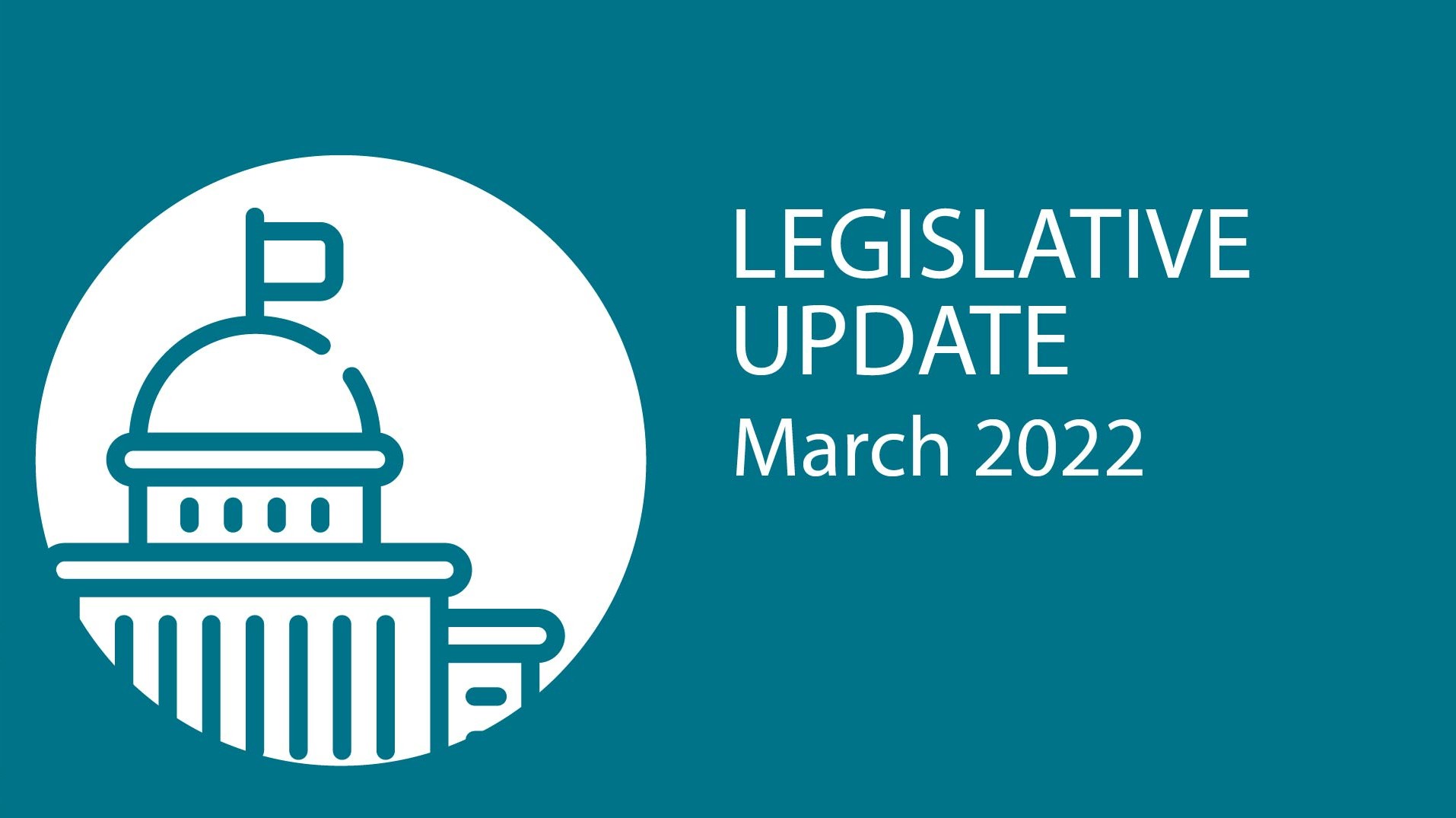This website uses cookies so that we can provide you with the best user experience possible. Cookie information is stored in your browser and performs functions such as recognising you when you return to our website and helping our team to understand which sections of the website you find most interesting and useful.
News
Trouble ahead for TSCA
As the EPA moves forward with plans to convert 10 Trump-era Toxic Substance Control Act (TSCA) evaluations to a single “whole chemical” risk determination, the VI is concerned that this application is not consistent with either the legislative language in TSCA, nor congressional intent.
The Vinyl Institute and vinyl industry are responsible and active collaborators with regulatory agencies such as the US Environmental Protection Agency (EPA). We protect our workers and communities, and diligently work to reduce emission levels. By working closely with the EPA on the TSCA Test Orders for three different substances and forming three separate industry testing consortia to ensure consistent data is developed, we are helping the agency improve the outcome of its risk evaluation process through our proposed detailed testing plans. But the Biden EPA has greatly expanded the scope and cost of what it sees as necessary data to evaluate risk. For example, the cost of a single EPA mandated test for the vinyl industry has increased four-fold in just the past several months. A test order that was originally expected to take months and hundreds of thousands of dollars to complete has ballooned to likely years of work and millions of dollars – with no foreseeable end in sight. And the EPA is requesting new test orders for potentially analogous substances with the same expanded scopes.
The VI values our collaboration with EPA as a means of achieving industry goals to make meaningful improvements to workplace and community health. But we are becoming alarmed at the overreach and unnecessary delays we are currently experiencing with TSCA responses to this critical regulatory matter. The VI is also concerned that the new approach fails to consider the “best available science,” as TSCA requires, and that EPA has not fully explained its basis for the policy change, rendering the revisions procedurally flawed.
The VI understands the EPA is being hard-pressed by groups to push the limits of TSCA beyond its legal limit. At the same time, EPA understands whatever final regulations they arrive at must be legally durable. Failing to do so will further delay implementation of the Act and most importantly the societal benefits it aims to deliver.


